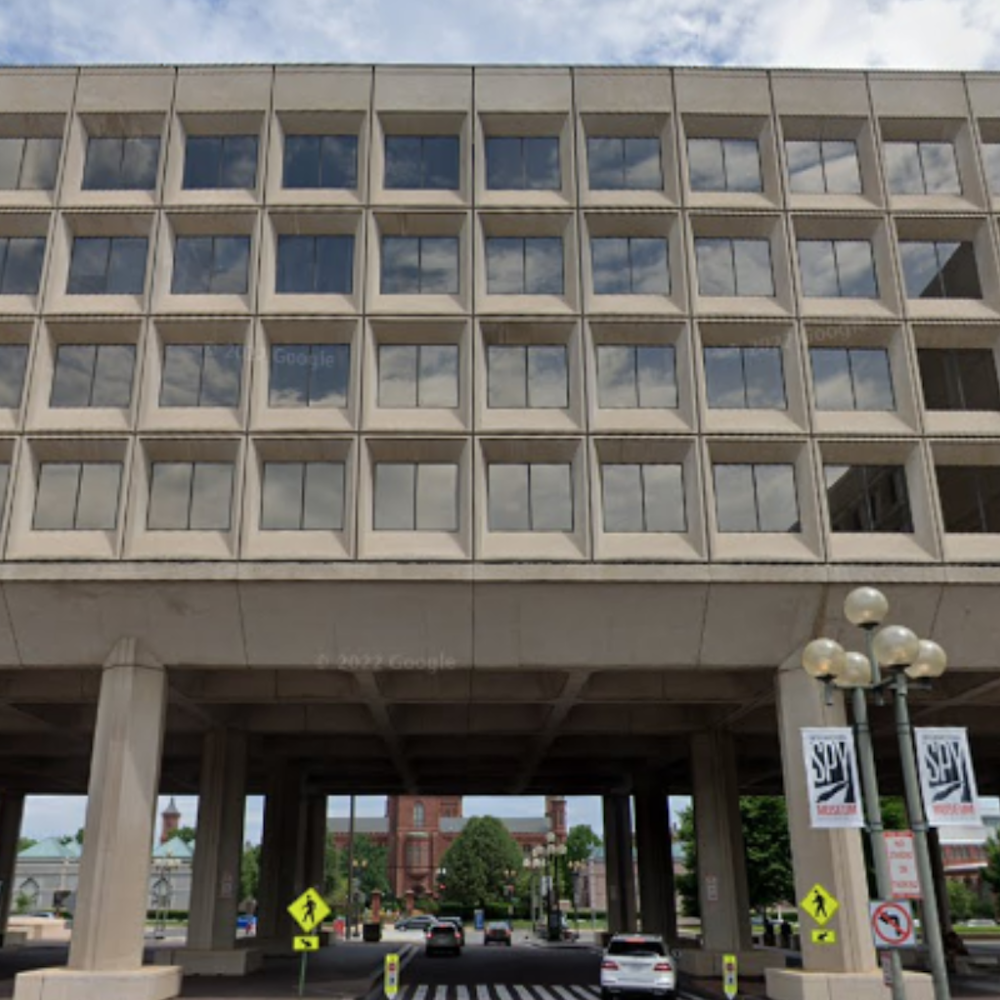
After years of efforts to improve mental health services in Georgia, 2024 is shaping up to mark more incremental wins in the state's legislative environment, deviating from previous years' push for sweeping reform. The Georgia legislature has managed to green-light a series of smaller bills targeting enhancements in mental health treatment options, even as some larger proposals faced roadblocks, as reported by WABE.
The focus this session was on passing a flurry of targeted measures rather than massive omnibus bills; the lawmakers' strategy appears to have paid off with several pieces of legislation awaiting the governor's signature, however, advocates still encountered some pushback on broader mental health initiatives, like one that faltered in the Senate last year but would have provided an alternative to discipline for nurses struggling with substance use or mental conditions as the session was met with opposition from certain conservative groups and got entangled in the legislative bargaining process.
Nevertheless, substantial progress was made in areas such as increasing funding for mental health in the state budget, and in facilitating a swifter licensing process for certain out-of-state therapy experts. According to Kim Jones, executive director of NAMI Georgia, "The momentum for mental health is continuing," she also highlighted the double-edged nature of the legislative progress, stating, "The great thing about this year is we have so many mental health bills. The hard thing about this year is we have so many mental health bills," as she told WABE.
One of this year's successful tactics was the revival of a proposal requiring opioid-reversing drugs to be kept in most state and local government buildings, through a legislative maneuver that attached it to another bill that permitted naloxone in K-12 schools, but other proposals, such as one addressing mental health and suicide risks in student athletes, were side-tracked by the introduction of unrelated hot-button issues despite many bills gaining bipartisan traction. In efforts to expand treatment access, lawmakers repealed a zoning law that added a lengthy review period for new providers—deemed discriminatory by critics who argued it impeded urgently needed services at a time when the state is dealing with an opioid crisis, legislation that sailed through without much resistance as Rep. Dale Washburn stated, "It's the right thing to do. You don't need extra time to get people to be opposed and to stir them up," as per WABE's report.
Yet, Georgia still lags in other areas, remaining one of ten states yet to fully expand Medicaid under the Affordable Care Act—a provision mental health advocates believe could vastly improve access to care, despite this, GOP leaders have relegated the issue to a commission set to continue analyzing possible Medicaid expansion this year, while many see the recent legislative achievements as building blocks, with advocacy strategist Jeff Breedlove of the Georgia Council for Recovery positioning the 2022 law as a foundation for ongoing work, adding, "So, what we’ve done is take Georgia, who was basically in last place by any poll and survey, and put HB 1013 down and say, ‘Never again,’" he noted the aim is to build methodically, holistically, and inclusively over the coming years off the success of HB 1013, as he remarked to WABE.









